The secret of change is to focus all of your energy on building the new instead of fighting the old.
If there’s one thing nearly everyone can agree on, it’s this: moving is tough.
Packing up an entire life into boxes and relocating to a new place is an emotional rollercoaster.
Moving has been ranked as one of the top three most stressful life events, equivalent to divorce or losing a loved one.
And if that feels surprising, look at this: in a recent survey, nearly 60% of people reported feeling more stressed by moving than relationship issues.
The moving industry is growing rapidly in the U.S., with about 31 million people or 10% of the population, moving each year.
Despite this being a common experience, the challenges remain real for everyone.
For instance, the cost of moving within the same city averages around $1,250, and a longer move can run upwards of $4,890.
With figures like these, it’s no wonder that 48% of people report high levels of anxiety leading up to moving day.
Now, if you are feeling that creeping sense of overwhelm or find yourself wondering how you’ll manage it all, you are definitely not alone.
Let’s give you some practical tips that have helped countless others take on this major life change with a bit more ease and a lot less stress.
Prepare Mentally for a Move
Preparing yourself mentally is essential to reduce the anxiety and exhaustion that often accompany a move.
Here are some steps to get your mindset in the right place:
Acknowledge the Stress
Accept that moving will be challenging, but remember that it's a temporary state.
Visualize Success
Imagine your new home and life. This positive visualization can help reduce anxiety about the unknowns.
Break Down the Tasks
List out all the tasks involved, from sorting and packing to hiring movers or setting up utilities.
Practical Tips for Reducing Moving Stress
There are some practical steps that can turn a stressful move into a more manageable experience.
Create a Moving Checklist
A Stress-Free Moving Checklist can help organize your tasks and reduce overwhelm.
Here’s what to include:
Two Months Before: Start sorting items by room, listing items to keep, sell, donate, or dispose of.
Six Weeks Before: Begin collecting packing supplies and confirming moving services.
One Month Before: Start packing non-essential items, such as seasonal clothes and decor.
Two Weeks Before: Set up utilities and services at your new home. Don’t forget to update your address with relevant institutions.
Moving Day: Have a designated “open first” box with essentials like toiletries, a change of clothes, and important documents.
Declutter and Minimize Your Belongings
One of the most effective Tips for Organizing a Stress-Free Move is to start early with decluttering.
Research suggests that people often accumulate more belongings than they realize.
Start by sorting items into three categories: keep, donate, and dispose.
Decluttering helps reduce the amount to pack, making moving day easier and reducing moving costs.
Budget for Unexpected Costs
Financial pressure is a major moving stressor, as many Americans underestimate the true cost of moving.
According to studies, the average local move can cost around $475 for professional movers, and cross-country moves can run into the thousands.
Create a budget that includes packing materials, truck rental or moving service fees.
Moving Day Stress Management
When moving day arrives, follow these Moving Day Stress Management tips to keep calm and organized:
Ask for Help
Whether through hiring movers or gathering friends and family, don’t attempt a solo move if possible.
Have an Essentials Box
This box should contain items you will need immediately upon arrival, like toiletries, medications, important documents, and basic tools.
Take Breaks and Hydrate
Moving is a physical and mental challenge, so don’t push yourself too hard. Regular breaks can help you avoid burnout.
Prepare for Setbacks: Flexibility is essential on a moving day; expect minor delays or changes and approach them calmly.
Tips for Handling Moving Anxiety
Managing your mental health during a move is equally important.
Here are some Ways to Stay Calm While Moving:
Practice Deep Breathing
Simple deep-breathing exercises can significantly reduce anxiety and help you stay centered during hectic moments.
Engage in Physical Activity
Physical movement, whether it’s a quick workout or taking a short walk, can help relieve stress and boost mood.
Stay Positive: Remind yourself why you are moving and focus on the positives that await you.
Post-Move Strategies for Reducing Anxiety
Once you have moved, it’s common to feel a mix of relief and a new wave of stress.
Here are Tips for Making Moving Less Stressful even after the big day:
Take Time to Unpack
Set small daily goals for unpacking, such as organizing one room per day.
This prevents the task from feeling overwhelming.
Establish Routines Quickly
Find a local coffee shop, explore nearby parks, or join community groups to feel more connected to your new area.
Create a Comfortable Space
Set up one “comfort zone” in your new home, like your bedroom or living room.
It can provide a sense of normalcy and relaxation amidst the chaos of unpacking.
Real Stories of Coping with Moving Stress
Sarah and Jake: Finding Peace in the Process
Sarah and Jake were both born and raised in New York City.
They had never considered leaving until Jake landed a dream job in Seattle.
Although excited, they quickly realized the move involved more than just packing; it was about parting ways with the city they knew so well.
The couple tackled their stress by breaking the process into steps, dedicating weekends solely to packing and organizing.
They even made a "memory list" of their favorite NYC spots to visit each place for one last time to create a sense of closure.
To reduce anxiety about their new life, Sarah joined a few Seattle social groups online ahead of time. It helped her ease into the city’s culture.
Meanwhile, Jake mapped out local coffee shops and trails, making Seattle feel a bit more familiar upon arrival.
After settling in, they found that creating these mini-routines helped them feel less displaced and allowed them to embrace the fresh start with a sense of calm and readiness.
James and Olivia: Prioritizing Self-Care During a Cross-Country Move
James and Olivia, a young family with two small children, faced the stressful task of moving cross-country from Chicago to Los Angeles.
With their children’s needs at the forefront, they recognized early on that taking care of themselves was key to keeping things under control.
They prioritized rest and took frequent breaks from packing to keep stress levels manageable, even arranging childcare to stay focused during critical moving tasks.
When the big day finally came, Olivia created a “first-day essentials” kit filled with toys, snacks, and familiar items to keep the kids comfortable while they unpacked.
She found that her focus on family routines helped everyone adapt quickly to their new environment, which created a sense of stability in an unfamiliar place.
By prioritizing self-care and family time, James and Olivia eased into their new life in Los Angeles.
Get Support and Professional Help
Sometimes, reducing moving stress means seeking external support.
Consider these Tips for Reducing Moving Stress:
Hire Professionals
Professional movers are experienced in packing and moving efficiently, which reduces your physical and mental load.
Ask Friends and Family for Help
Sometimes, just having loved ones around can make the day feel lighter and more manageable.
Seek Emotional Support
Moving can feel lonely and overwhelming. Talking to someone about your worries can provide relief and valuable perspectives.



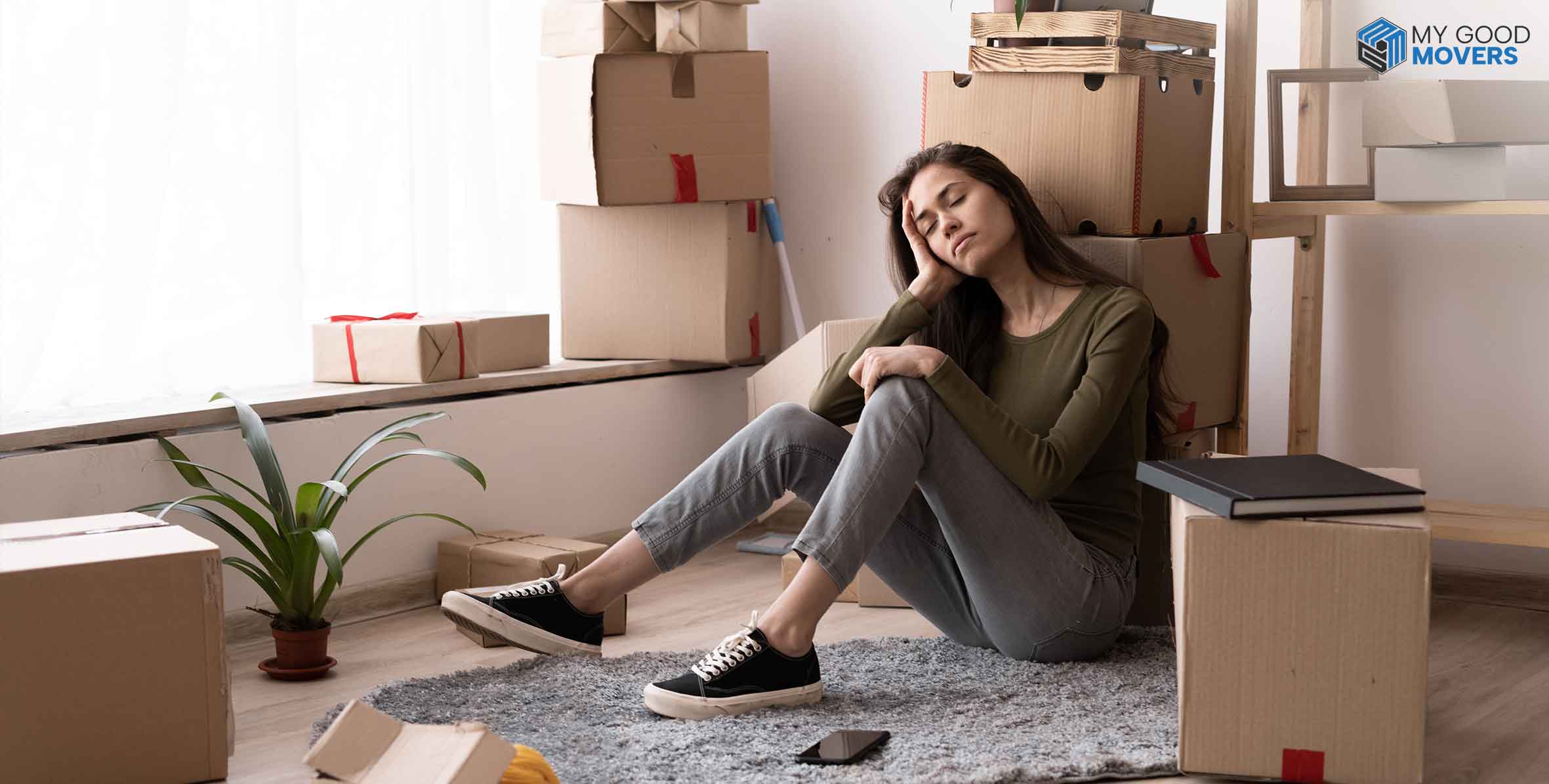











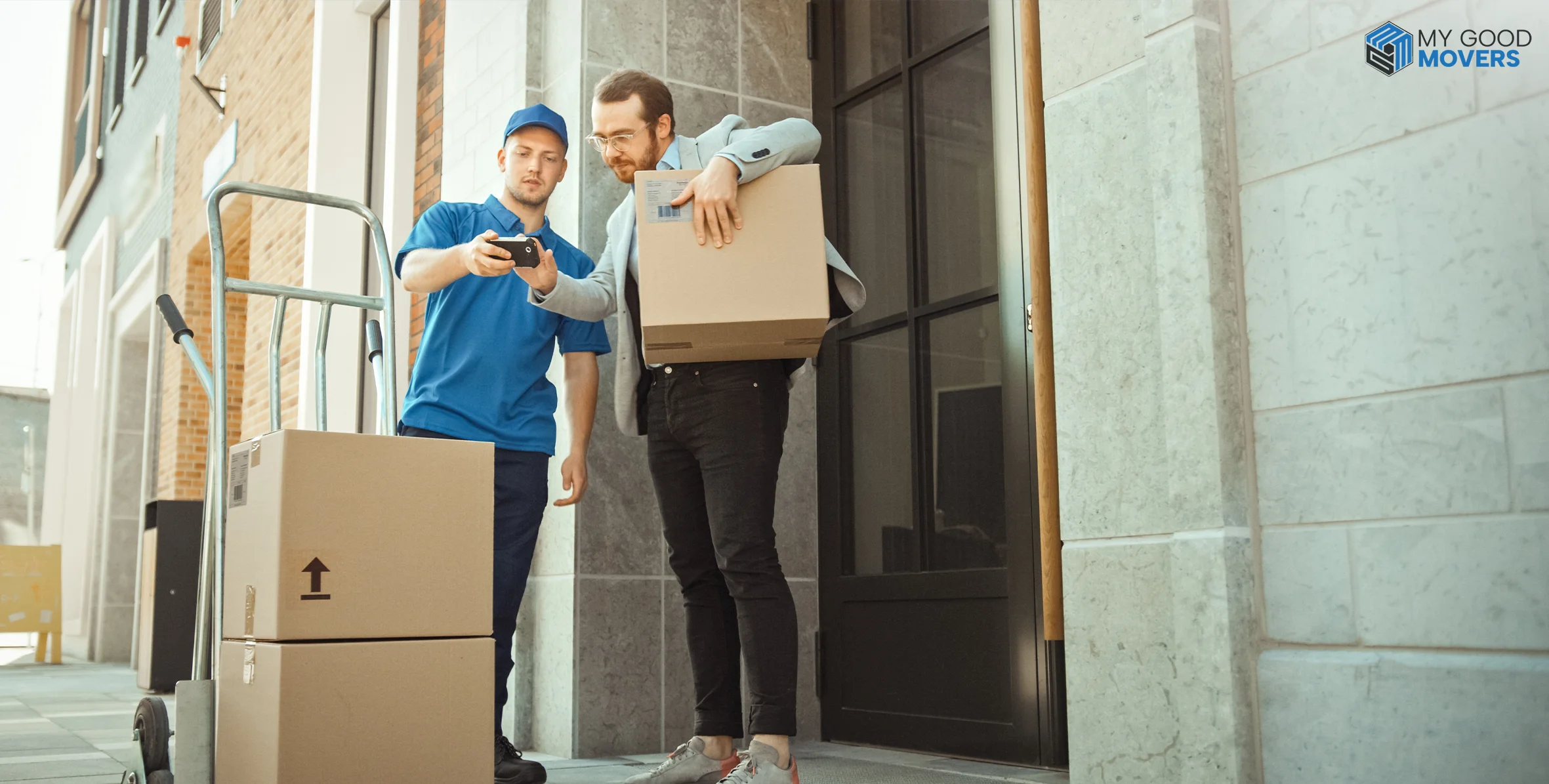


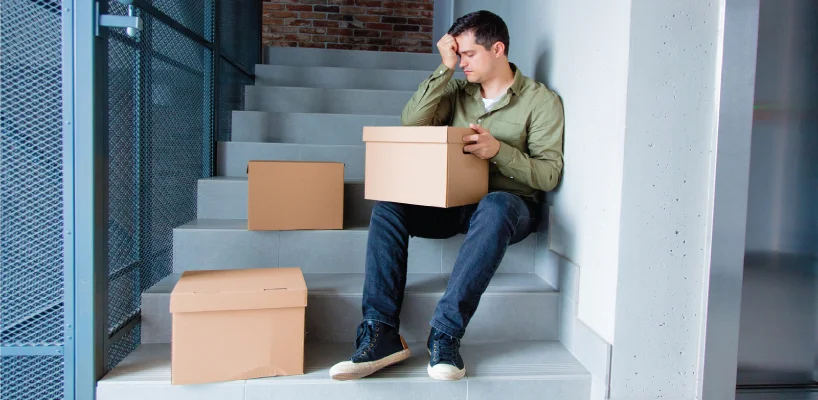
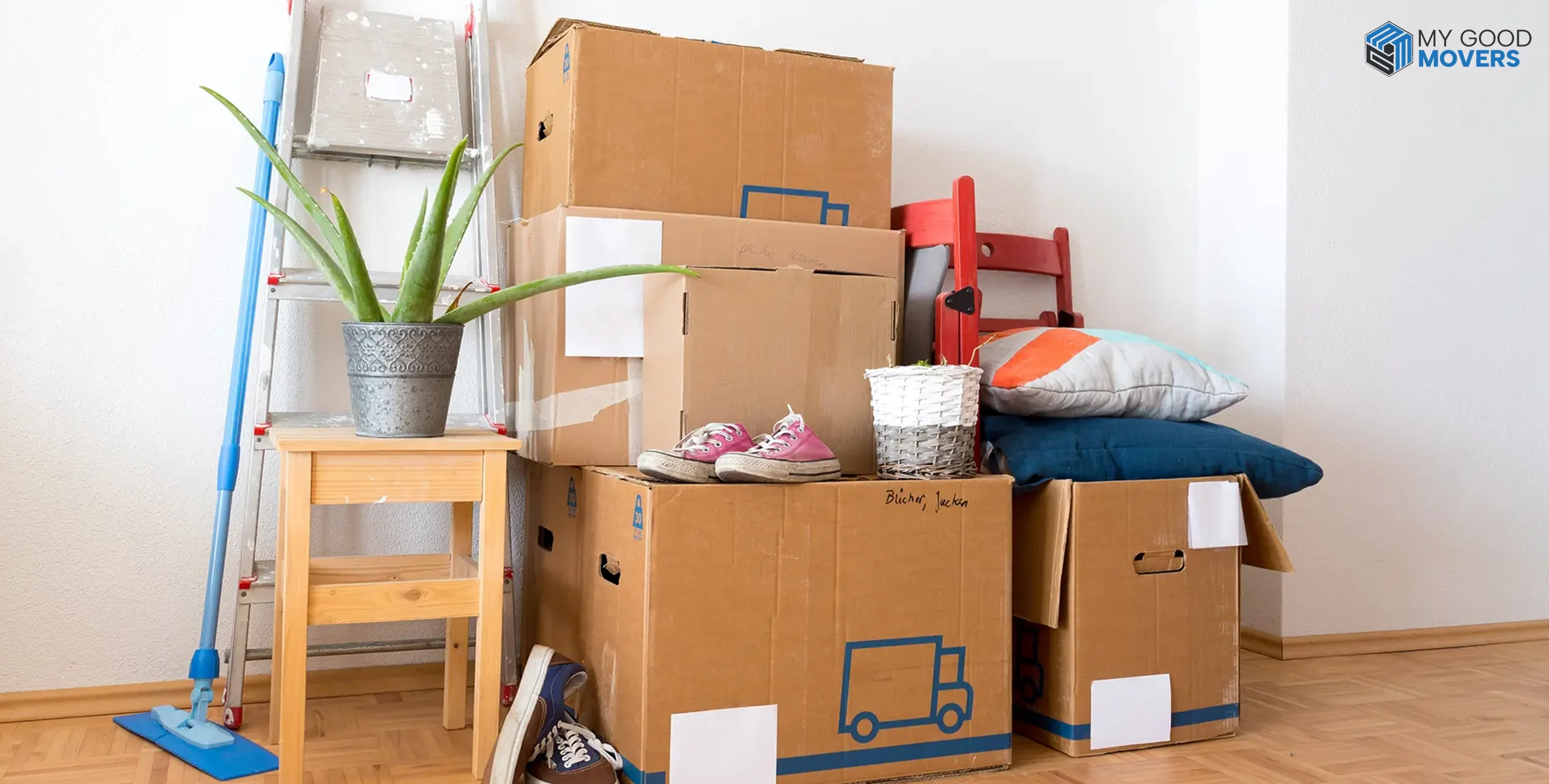









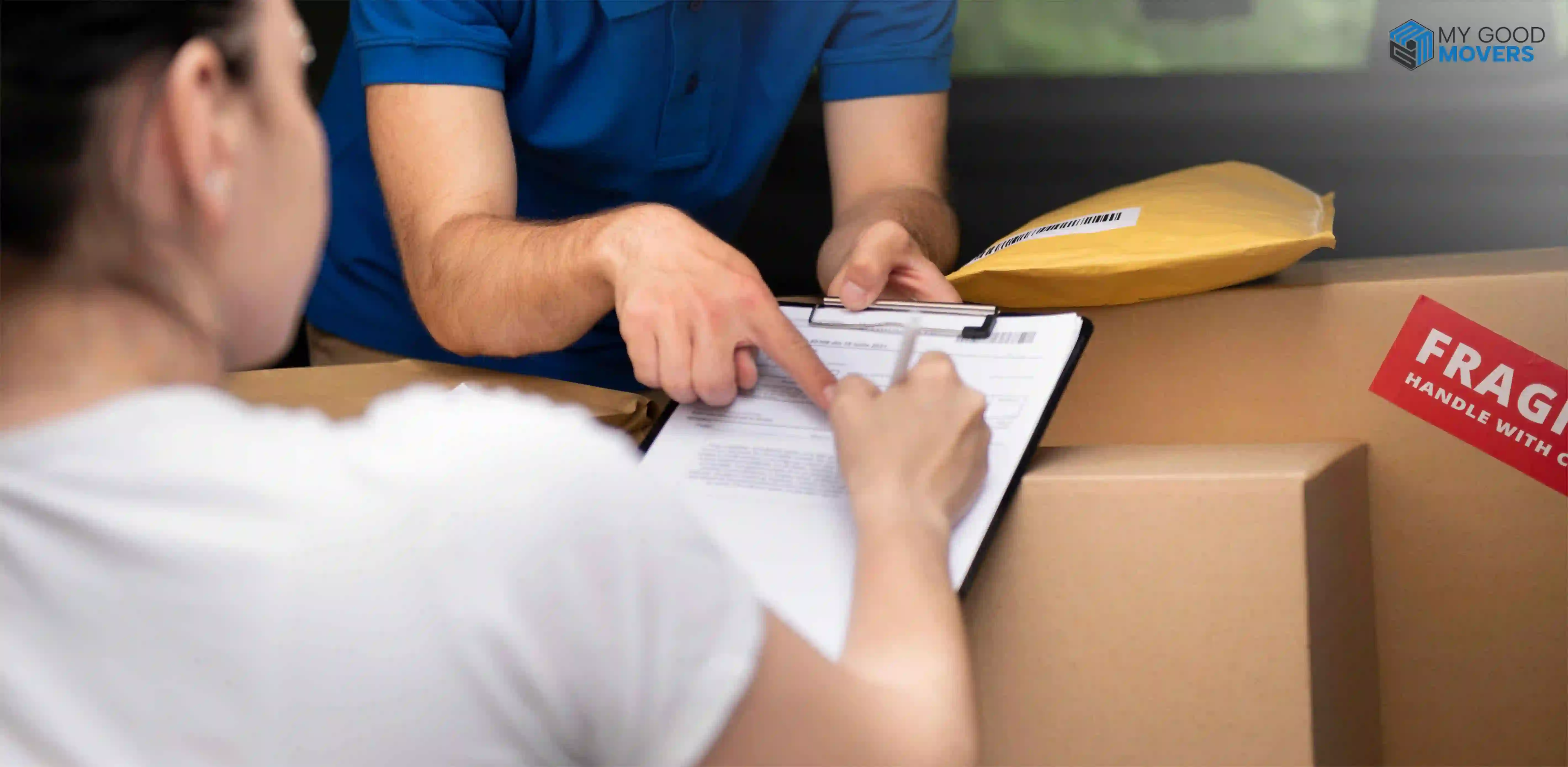


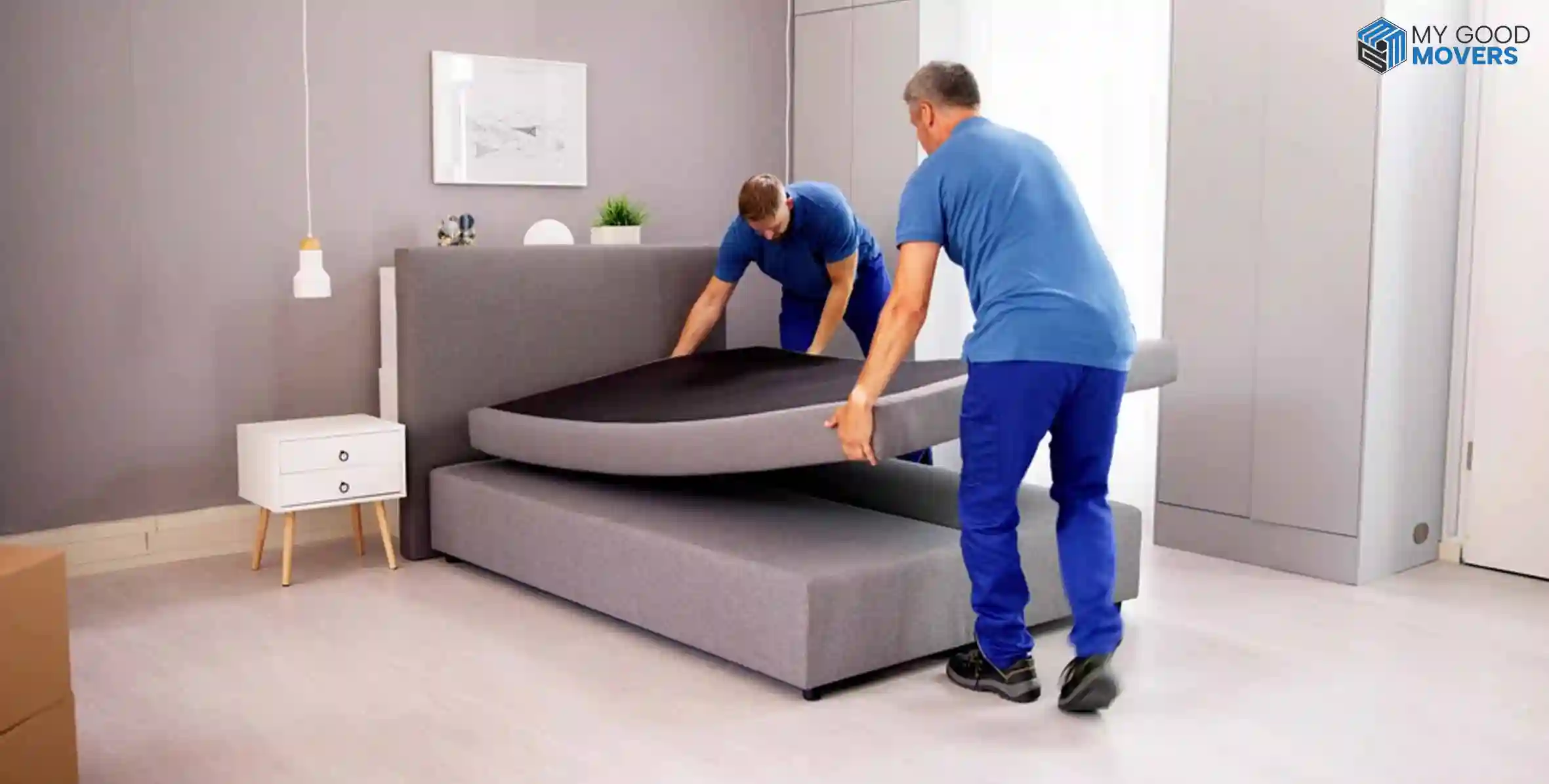



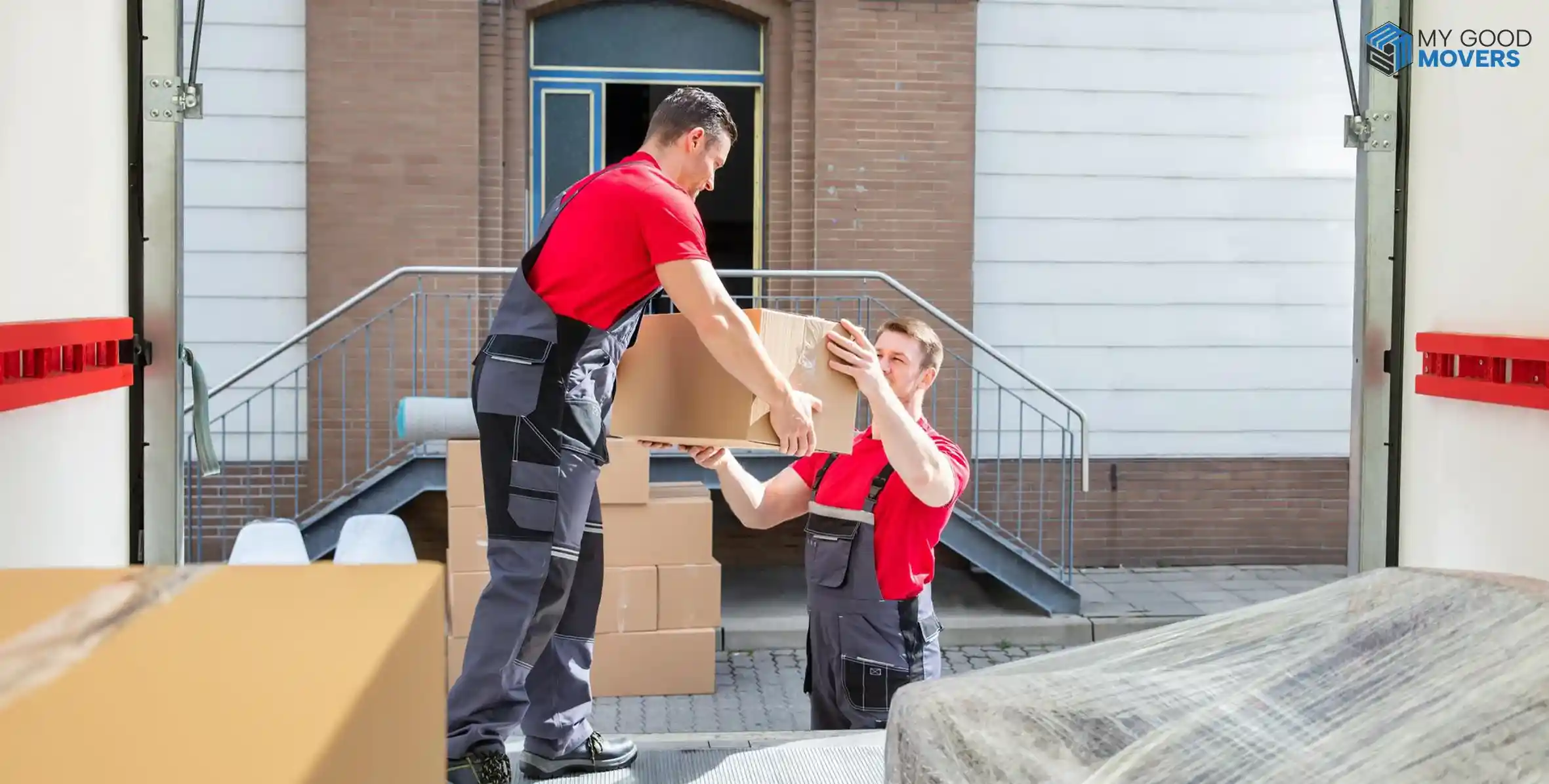

















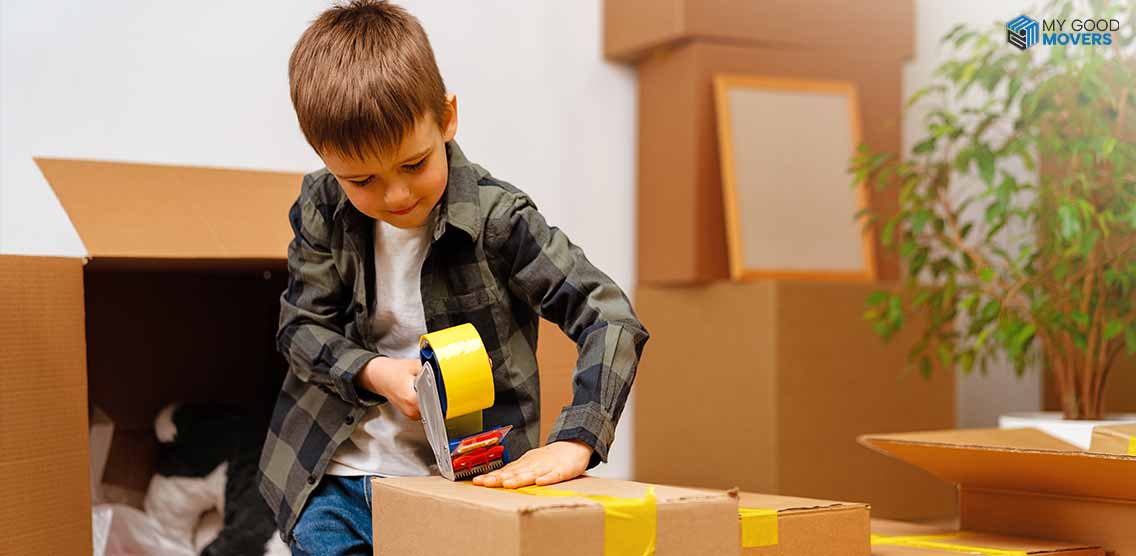

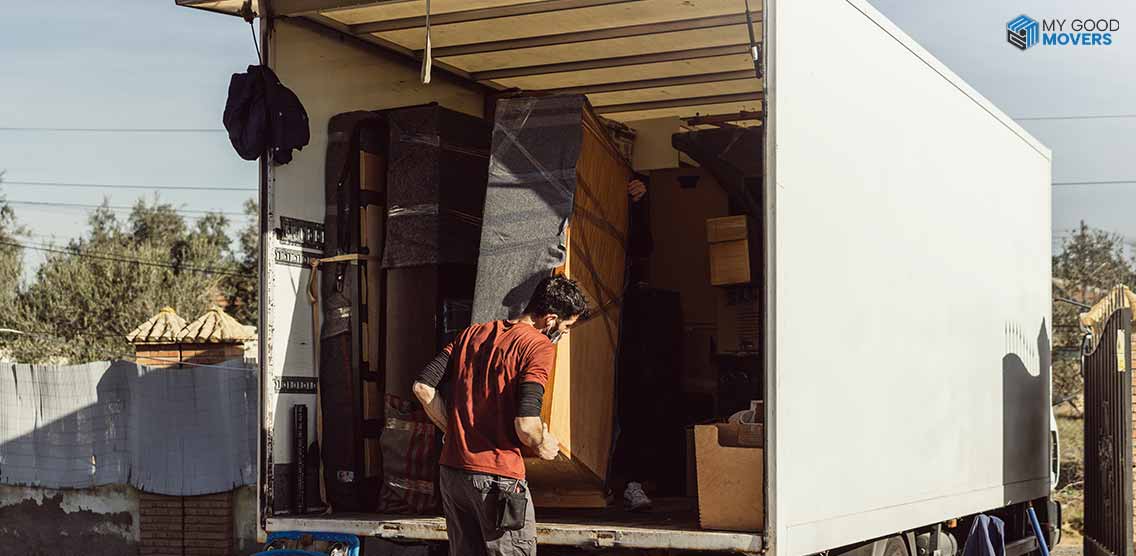
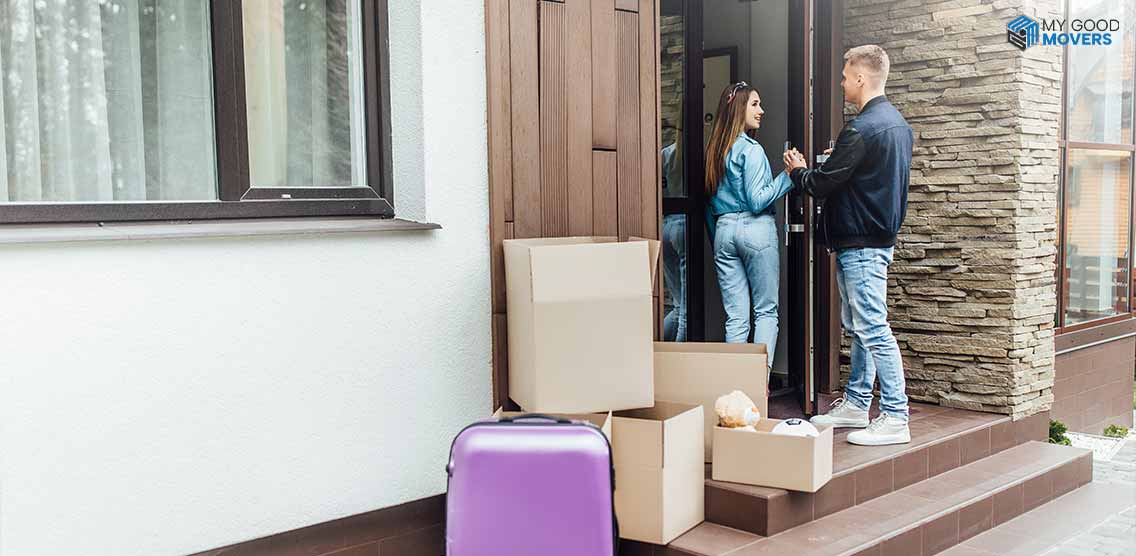


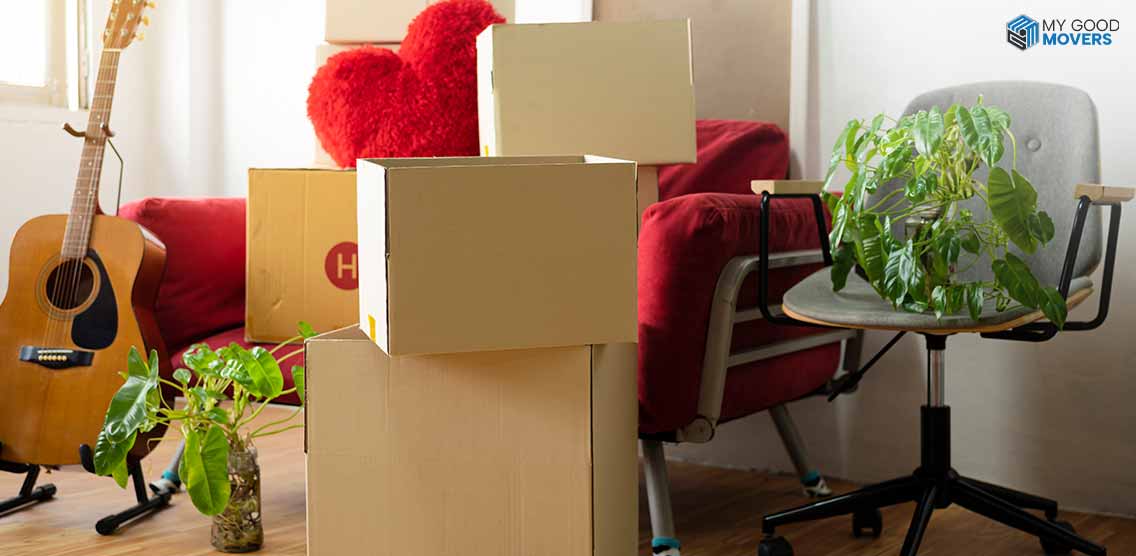




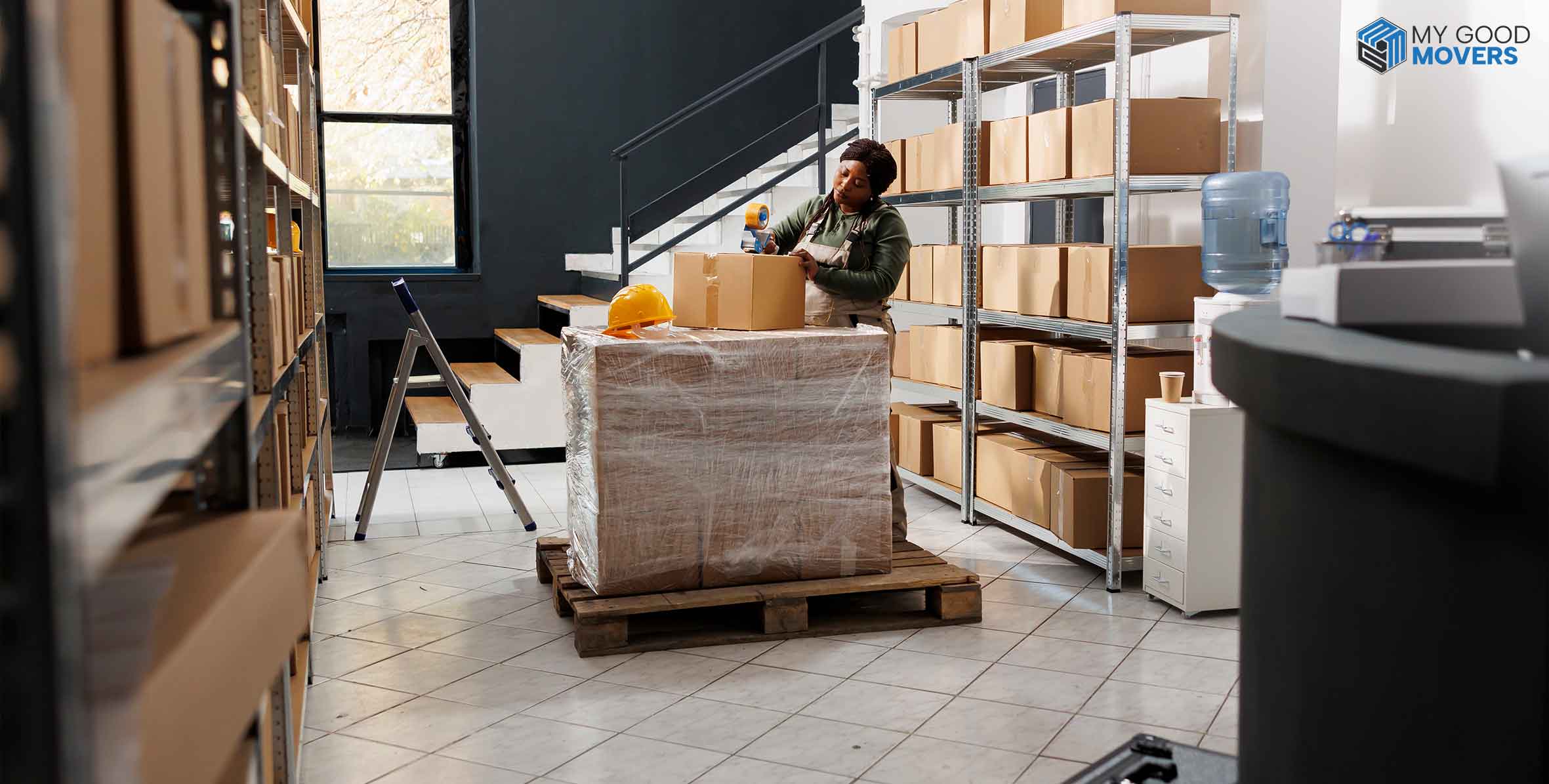


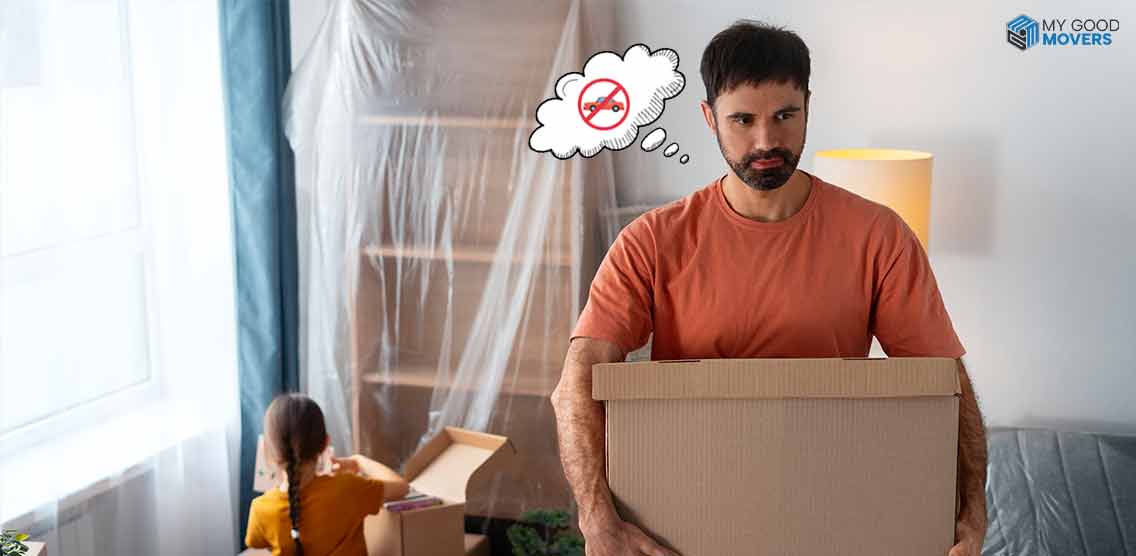















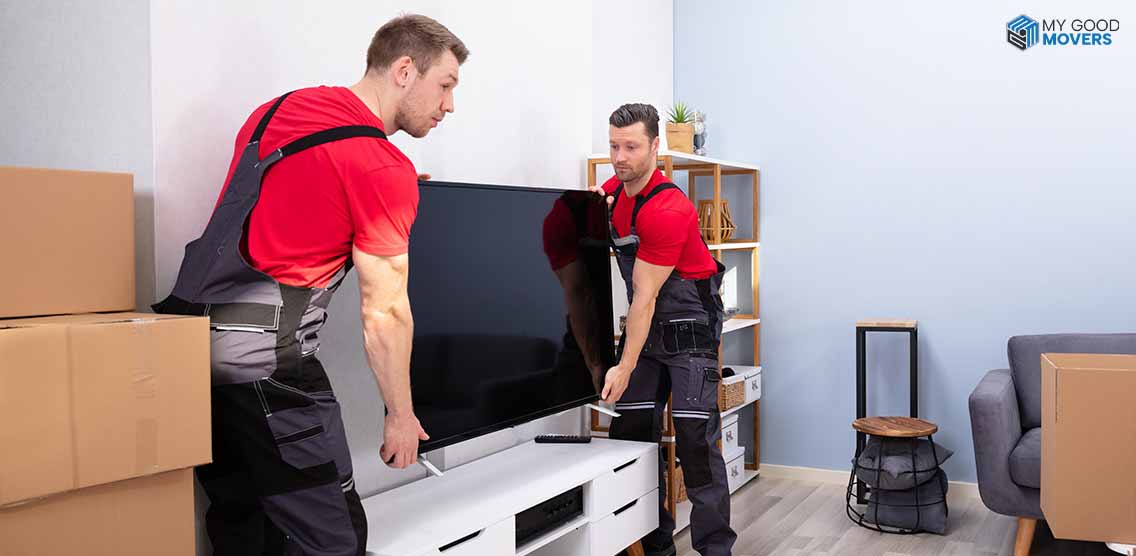











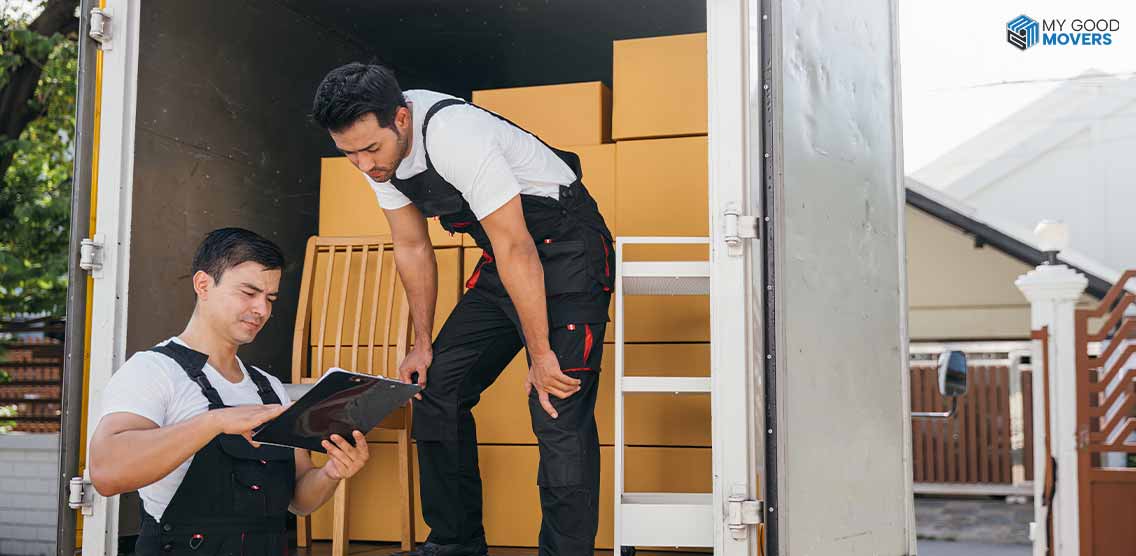

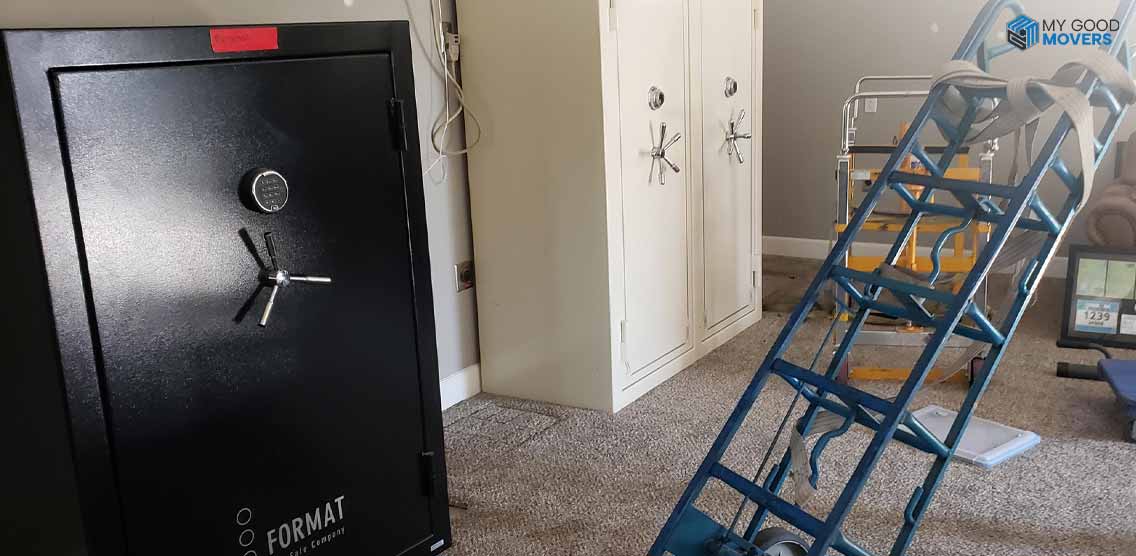
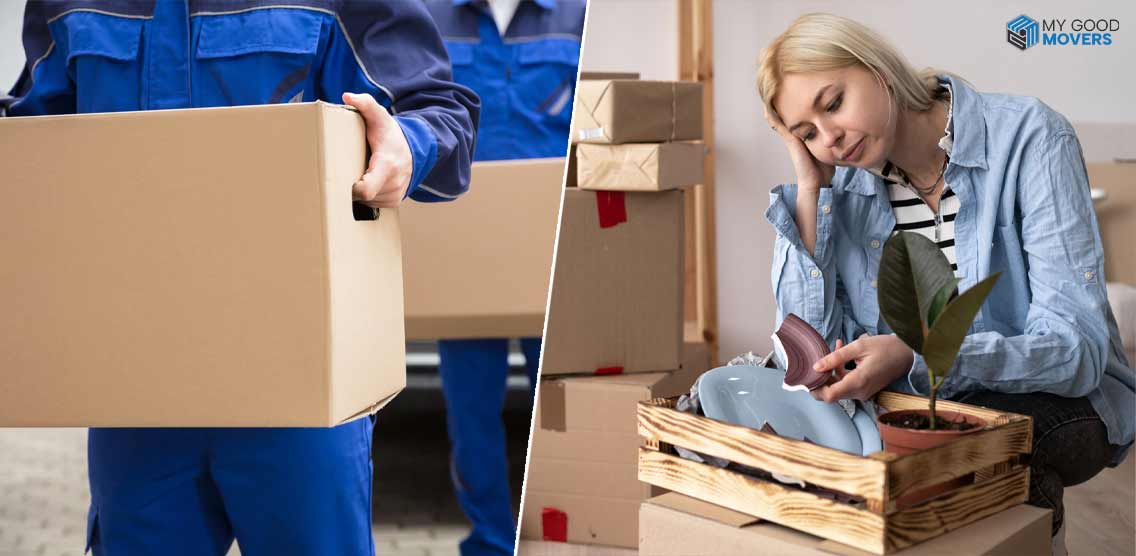








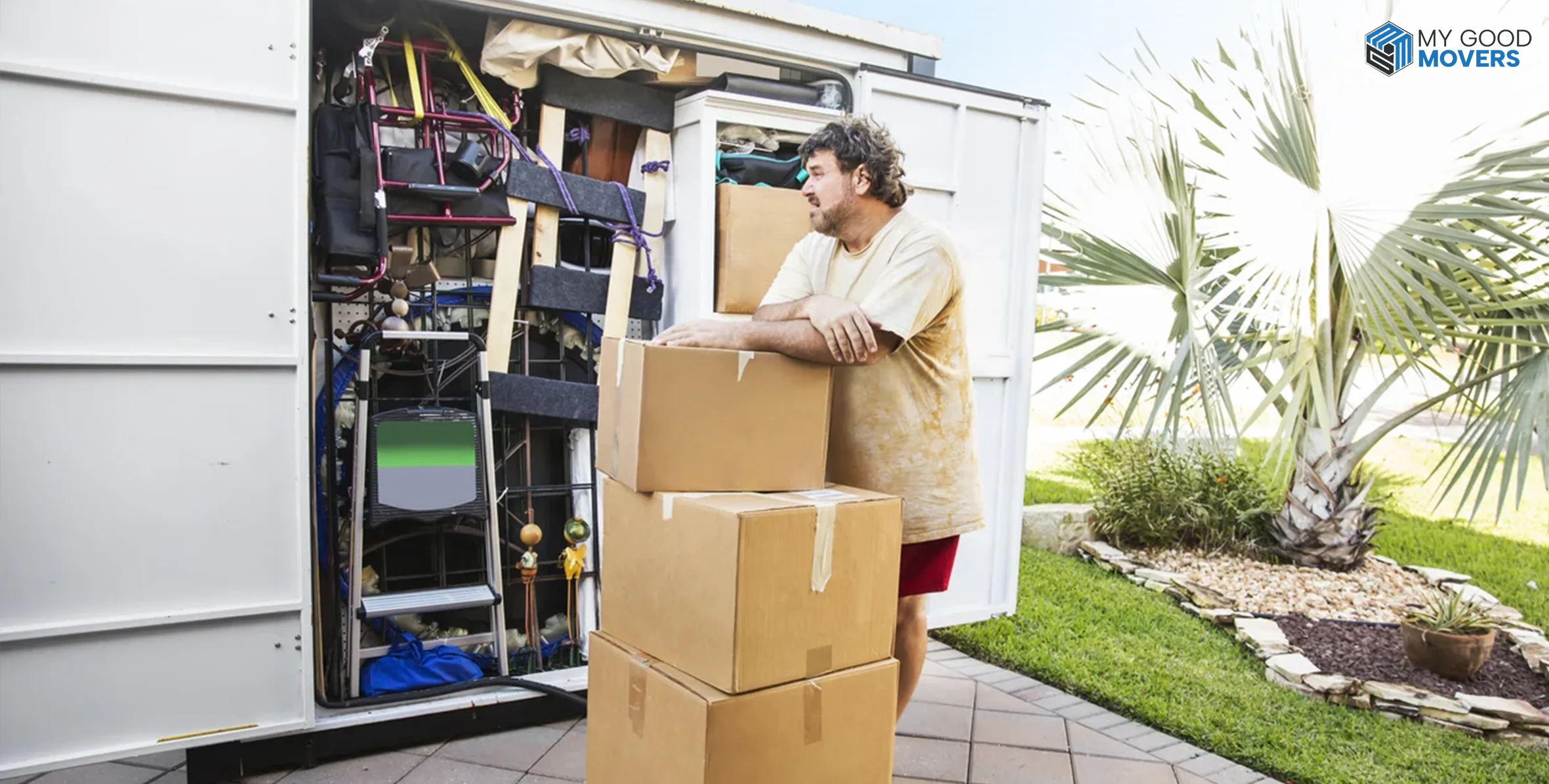








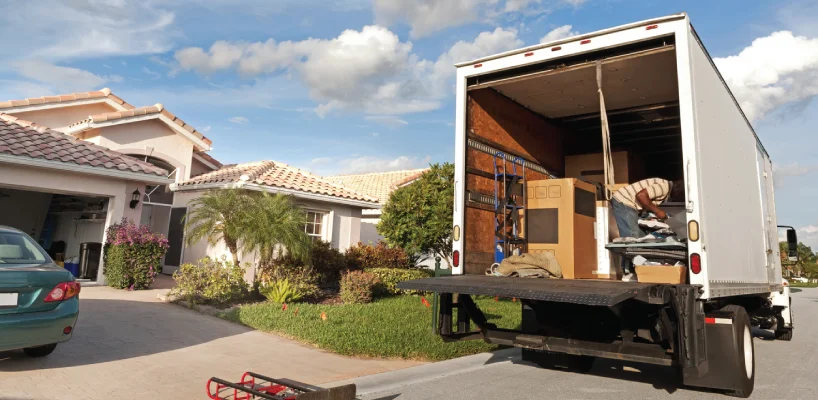




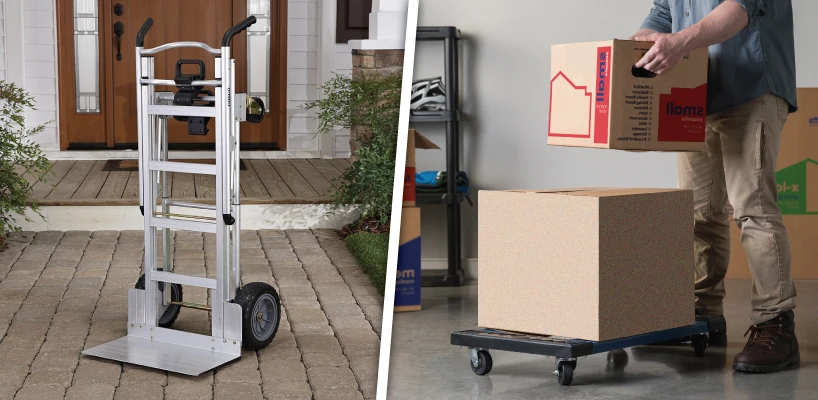
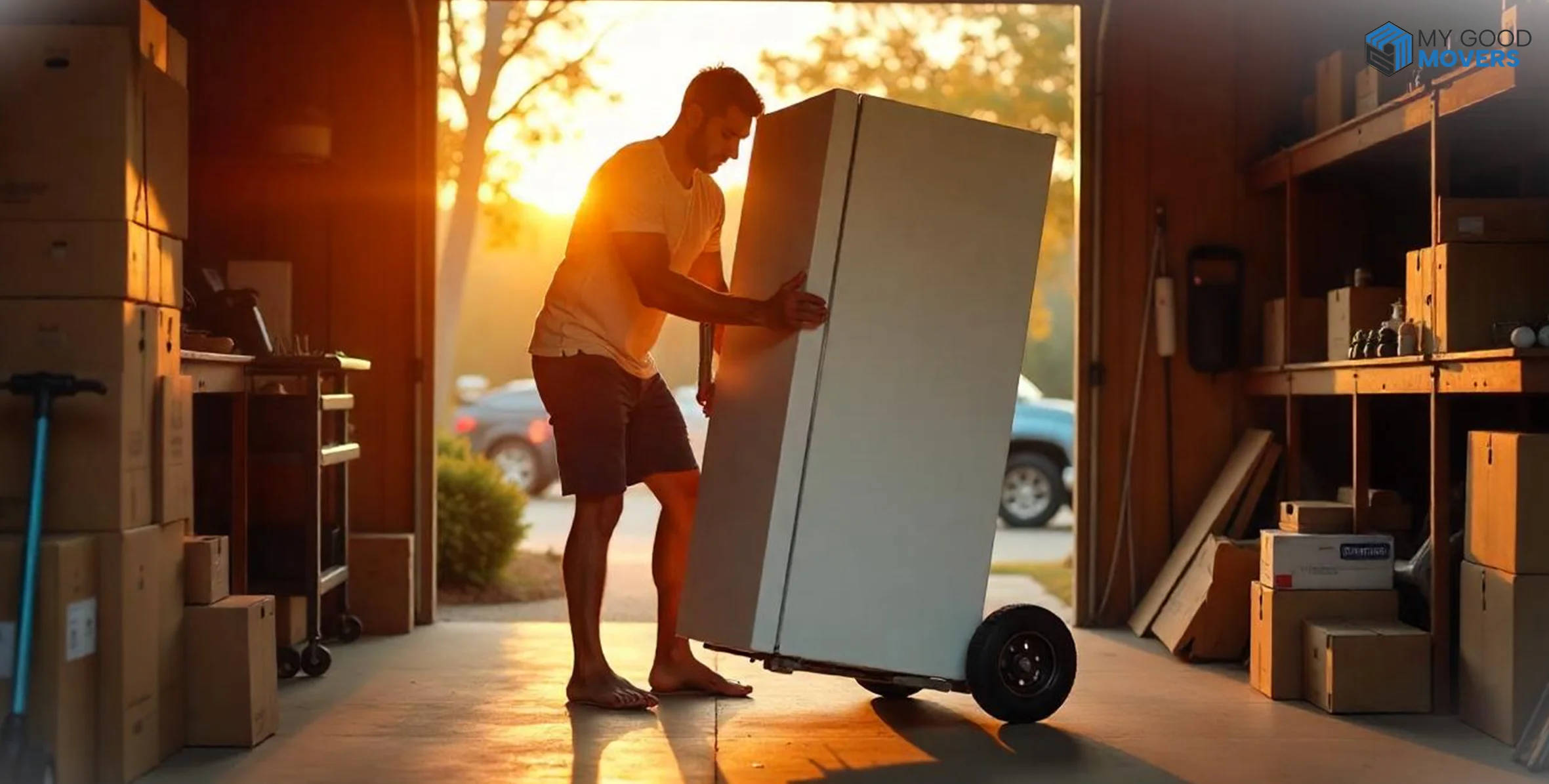
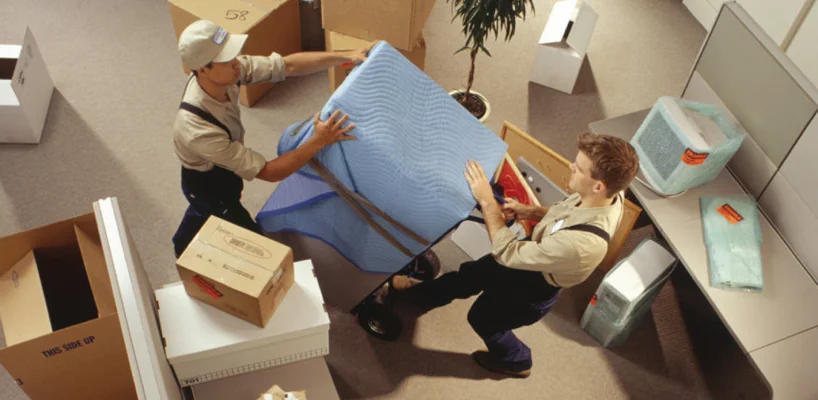





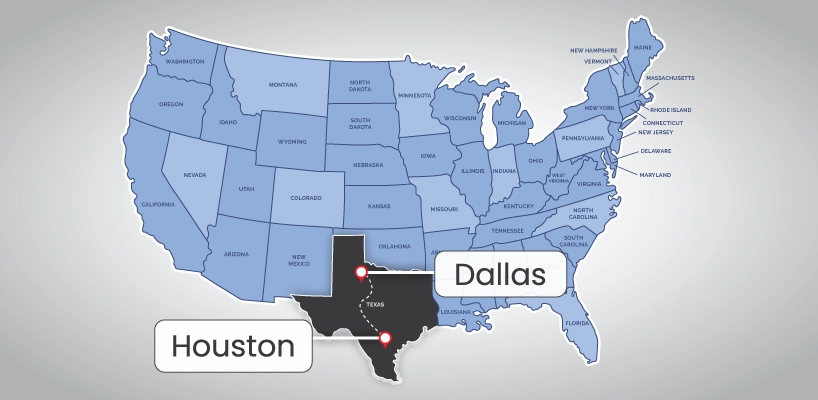


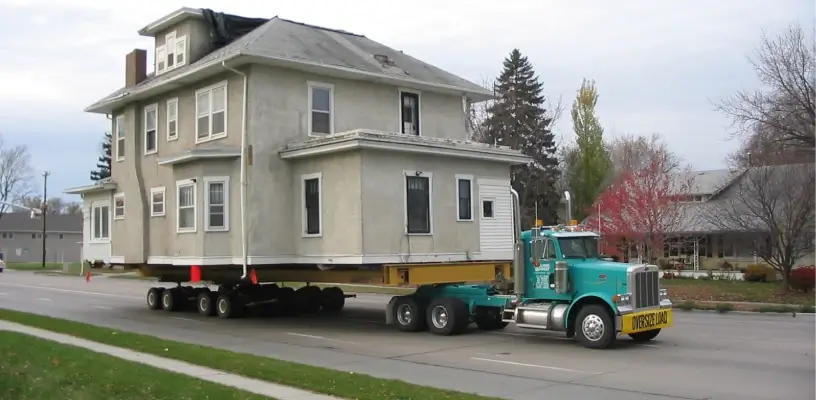





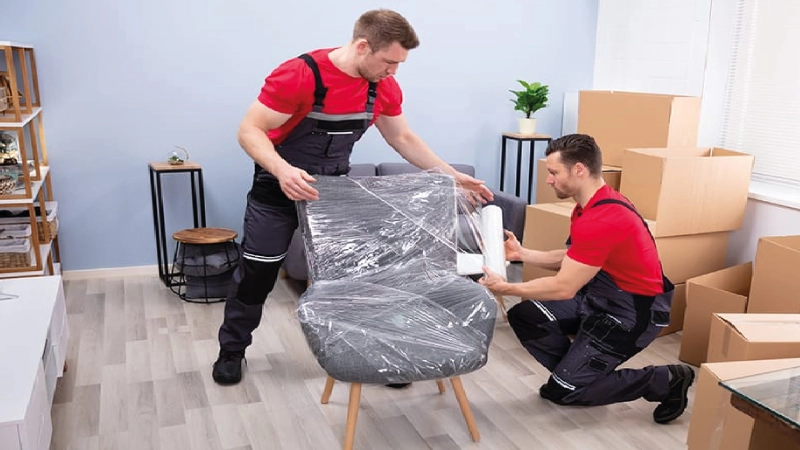

 (239) 799–6077
(239) 799–6077